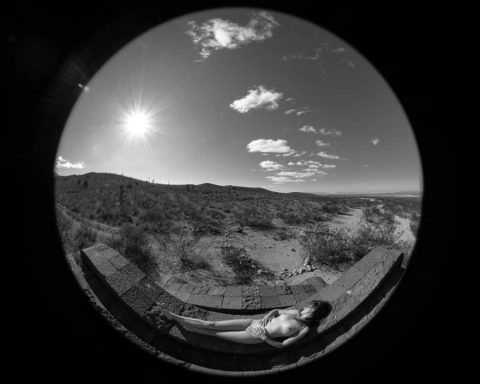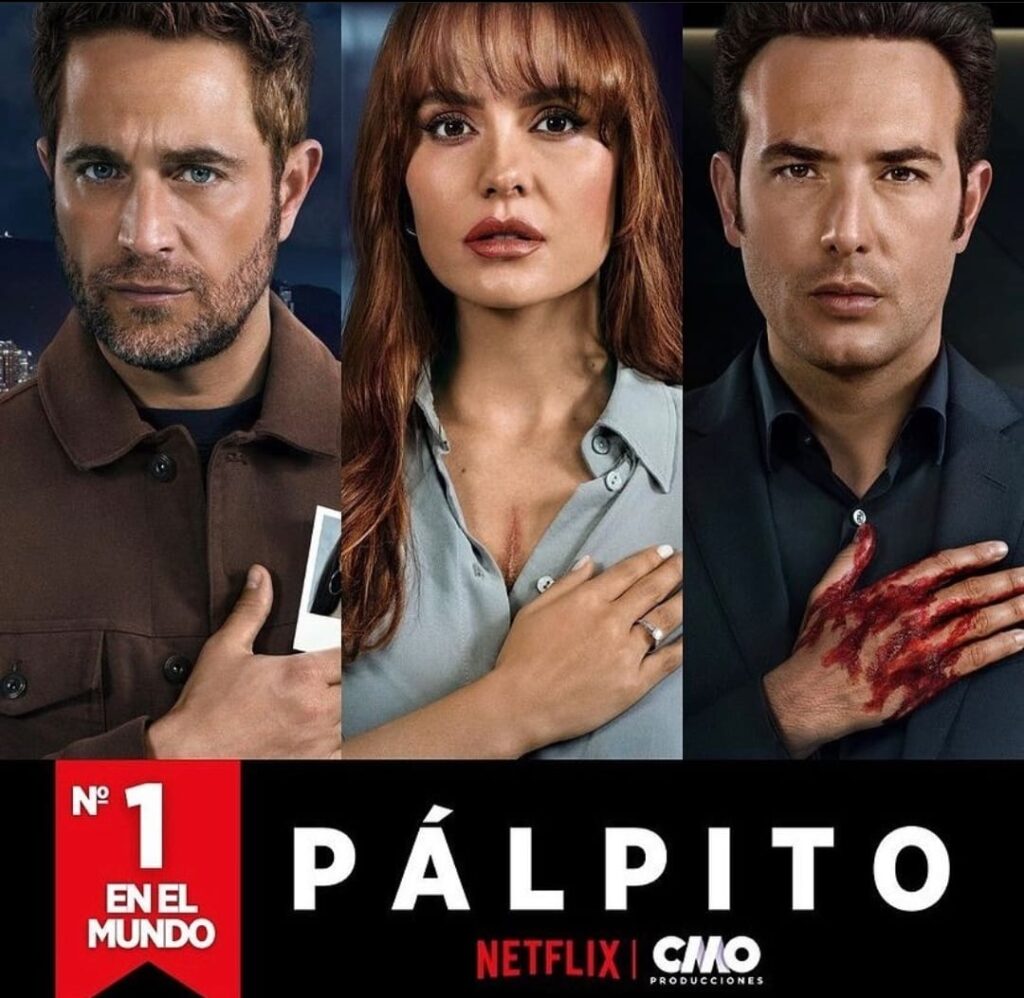MIAMI, United States.- Documentaries about Cuba made by foreign filmmakers are part of a modality that deserves to be studied carefully in the future, among them is Epicentro.
It will be necessary to return to that alternative filmography of the official history to explore obliterated circumstances of the Castro debacle.
With rare exceptions, the ICAIC (Cuban Institute of Cinematographic Art and Industry) documentaries praised the regime and trivialized the tragedy that had occurred on the island since the early 1960s.
There are three documentaries, made by foreign directors, which are models of interpretation of the national absurdity, where the Cubans themselves frank themselves before the camera to give reasons for their fateful lives, with overwhelming naturalness.
Havana (1990), by the Czech Jana Bokova, remains the epitome of such exegesis. She goes through history, talks with the victims of different generations, and even gives a voice to the accomplices.
Fin de Siglo (1995), directed by the Belgian Madelyn Watelet and the Polish Szymon Zaleski, goes straight to the heart of the socialist monstrosity. Surrealism in its maximum and harmful expression, which ends up dumbing down the Creoles.
Cuba 111 (1995), by the Belgian director Dirk Vandersypen, is installed with a certain tenderness in a dilapidated Havana vacant lot. There are opinions that still express sympathy for the dictatorship, but most are a matter of flight, they must have sought freedom on a raft.
These documentaries are revealingly expository, they are assisted by a narrative logic. To the distant astonishment of the viewer, sinister postcards parade from a country trapped in the evil of a doctrine with no alternatives.
The Cuban reality and its derivatives seem to have deteriorated much more and now a documentary is released that fully responds to the irremediable nonsense that this drifting island has become, driven by leftist fellow travelers who only seek to demonstrate their extemporaneous theses, although miss the truth.
The documentary Epicentro has been honored with the Sundance Film Festival award, which gives it the aura of importance it needs to “stuff up” the unwary and mortify those who know of the national suffering.
It is directed by the Austrian Hubert Sauper, who prides himself on his anti-colonial filmography, a characteristic that he tries to put into practice in the Cuban case going back to the history of Spanish rule later replaced by US imperialism, but who conveniently ignores the Soviet intervention .
Epicenter is the showcase of nonsense and its most important protagonists, black children whom Sauper describes as “prophets”, are subjected to a constant barrage of ideological child abuse, in the manner of the regime itself.
In another more respectable universe, the director could be brought to trial, especially for the way he manipulates what remains of innocence in the little Cubans, who paradoxically survive the ideological staging of the anti-colonial European.
The most incongruous facts come in handy for this director, such as an interview with the cartoonist Juan Padrón, where his interpretation of Cuban history does not come off very well enough to please Sauper.
The girl who is the central figure of the documentary repeats the points of the Platt Amendment from memory and constantly refers to the evil of “Yankee imperialism”.
Another less skilled mentions Perucho Figueredo as the father of the country, asks the director for chewing gum and ends up singing the anthem of the literacy campaign.
Of course, the camera explores the material and moral collapse of the city, on the verge of a supposed change to savage capitalism, while the girls “twerk” with reggaeton, beating their butts to minors of a similar age.
A tourist from Bavaria, who prides himself on being a tango teacher, although he does not have the slightest sense of rhythm or movement, confesses to his peers that every night he is tempted by the “abundant prostitutes”.
There is a New York photographer who does not stop looking for exotic images on the lot and only gives a pen to the boy who served as a model, instigated by his mother, because he says he cannot pay for his snapshots, with which he will later make a book or an exhibition on the joyful misery of Cuba.
It is never clear why the granddaughter of Charles Chaplin, Oona Castilla Chaplin, is a character in the documentary who struts like a pristine queen with perfect teeth in the midst of the morbid manor.
A woman that Sauper presents in Epicenter confesses to being anti-imperialist, although she dreams of visiting the United States and the Disney parks, in addition to considering that Brad Pitt and Leonardo DiCaprio are part of the American dream.
Another girl who has served as a spontaneous tourist guide confesses that Americans have freedom of expression, although it does not help them much because only millionaires and politicians hold true power.
Black children ask Sauper to visit the Packard Hotel pool and he passes them off as his children, although the guard at the gate seems unconvinced.
Near the end of the documentary he proposes to two of the little girls a street photo session. She dresses and makes up them as adults, with the consent of her mother, who says she has absolute confidence abroad. The resulting images are somewhat dark, sick.
Epicentro allies itself with Castroism to convince viewers that Cubans live in the best of all possible worlds and should worry about the instability caused by changes in the market.
When Sauper asks Chaplin’s granddaughter “Where are we now?” The actress responds unashamedly: “In paradise.”
OPINION ARTICLE
The opinions expressed in this article are the sole responsibility of the issuer and do not necessarily represent the opinion of CubaNet.
Receive information from CubaNet on your cell phone through WhatsApp. Send us a message with the word “CUBA” on the phone +1 (786) 316-2072, You can also subscribe to our electronic newsletter by giving click here.
















